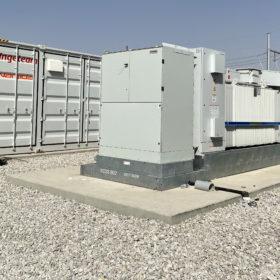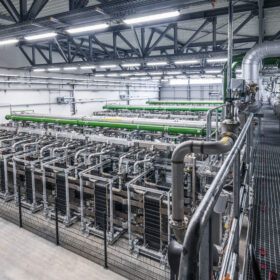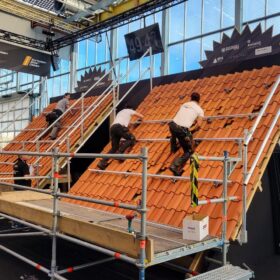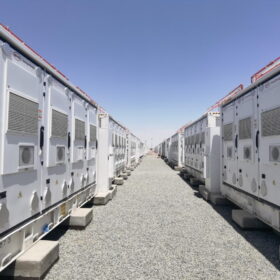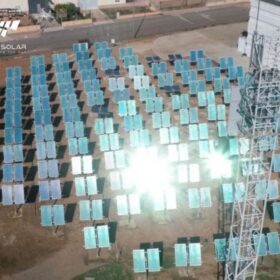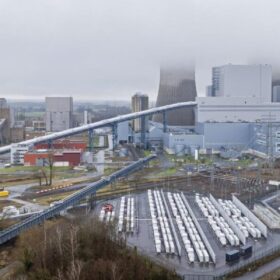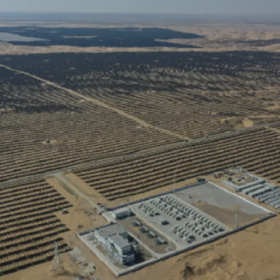EU approves Spain’s €700m energy storage subsidy plan
The European Commission on Monday greenlit a new aid scheme to enable Spain to deploy large-scale energy storage with co-financing of up to 85%.
The Hydrogen Stream: BASF starts Germany’s largest PEM electrolyzer
BASF has commissioned a 54 MW PEM electrolyzer at a site in Germany, while Sungrow Hydrogen has secured a major order for alkaline hydrogen production equipment from China Coal Ordos Energy.
Key takeaways from Solar Solutions Amsterdam 2025
The Solar Solutions Amsterdam 2025 trade show highlighted the shift in Europe toward smarter, scalable energy systems, showcasing innovations in residential and commercial solar technology as demand for integrated, flexible solutions continues to grow.
Greece launches 4.7 GW utility-scale battery storage program
Following a brief consultation in late February, the Greek government has unveiled a new battery storage program targeting 4.7 GW of utility-scale, standalone projects which will be given a priority connection and operated on a merchant basis without subsidy support. The decision detailing the new program is the last policy made by the energy ministry before a cabinet reshuffle initiated last week.
Poland finalizes 5 GWh energy storage subsidy scheme
A total of PLN 4 billion ($1 billion) will be distributed under the subsidy scheme by the end of 2025 in a bid to bring online more than 5 GWh of energy storage projects by 2028.
Spanish startup offers new PV-CPS system integrating energy storage
Spanish startup BlueSolar has unveiled a patented PV-CSP system that combines hybrid panels and thermal storage to deliver uninterrupted solar power. The technology uses optical light filters to generate electricity and capture heat for storage or steam, targeting large-scale plants in high-solar-resource markets.
RWE plans 1.2 GWh battery on German former coal plant
The energy company says it is investing a mid-three-digit million euro amount into construction of the 600 MW battery energy storage system (BESS).
China scraps energy storage mandate for renewable energy plants
In a major policy shift toward electricity market liberalization, China has introduced contract-for-difference (CfD) auctions for renewable plants and removed the energy storage mandate, which has driven up to 75% of national demand to date. S&P Global expects the move to reverberate through the global battery storage supply chain, further driving down prices already at historic lows.
The Hydrogen Stream: TotalEnergies to buy green hydrogen from RWE
TotalEnergies says it has signed a 15-year deal with RWE to buy 30,000 tons of green hydrogen per year from a 300 MW electrolyzer in Germany, while Plug Power has announced a partnership with Southwire to create a clean hydrogen ecosystem in Texas.
Philippines issues terms for renewables auction with storage
Pairing solar plants with battery energy storage systems (BESS) will be the main strategic focus for the country’s upcoming renewable energy auction. Each project must have a minimum storage duration of four hours to ensure sufficient grid support and energy reliability.
